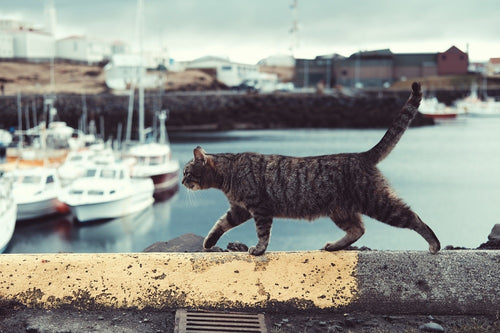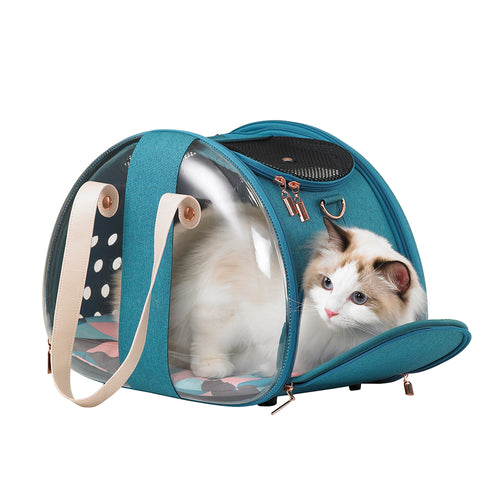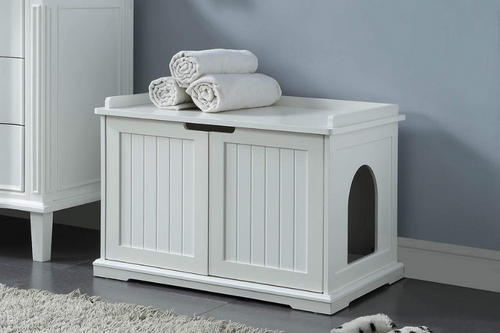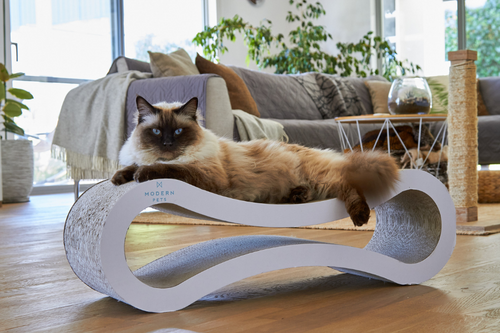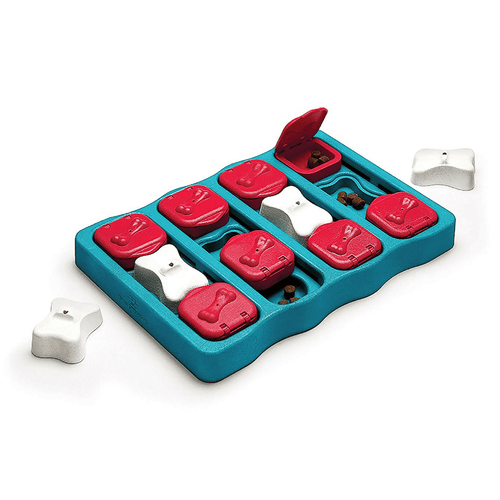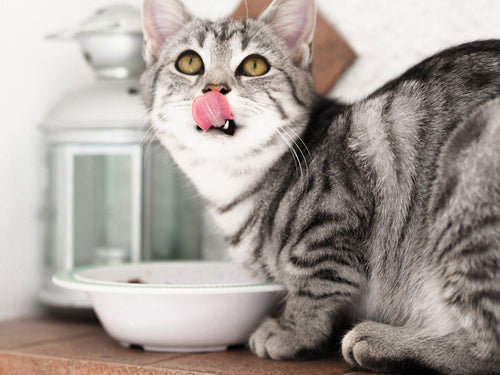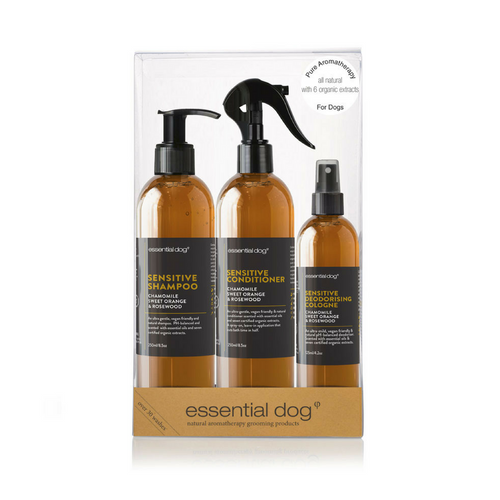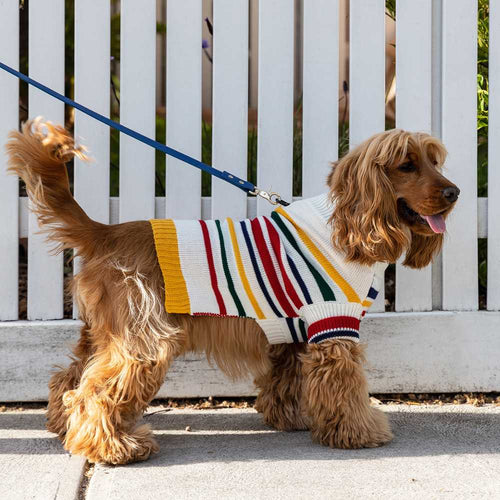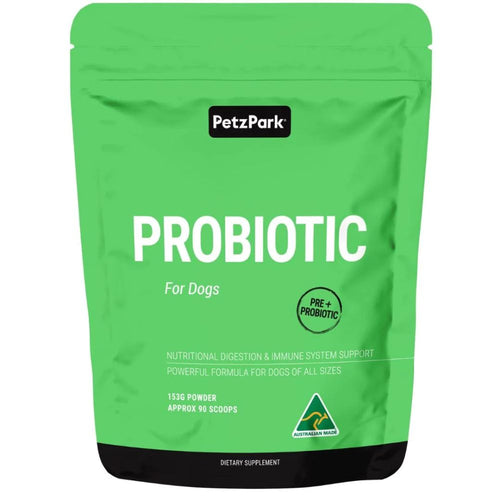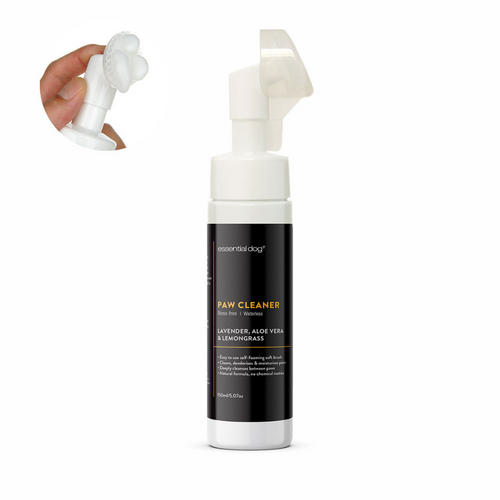Poisonous Indoor Plants for Dogs: Which Ones to Avoid and How to Keep Your Pet Safe
It’s no secret that dogs are naturally curious, often sniffing and nibbling their way around the home. But with many indoor plants posing health risks, it’s essential to know which varieties are toxic. In this guide, we’ll cover common indoor plants poisonous to dogs and give you tips on creating a safer, pet-friendly home.
Common Toxic House Plants to Dogs
Some of the most popular houseplants are also some of the most dangerous for dogs – below are several toxic house plants to dogs commonly found in homes across Australia:
- Lilies: Though beautiful, lilies are highly toxic to pets, especially dogs. Ingesting even a small amount can lead to severe symptoms such as vomiting, lethargy, and potential kidney damage.
- Philodendrons: Known for their heart-shaped leaves and trailing vines, philodendrons are easy-care plants that unfortunately can irritate a dog’s mouth and throat, causing drooling and swelling if ingested.
- Rubber Plants: Are rubber plants toxic to dogs? Yes, unfortunately, rubber plants contain compounds that irritate a dog’s stomach and mouth. Symptoms may include drooling, vomiting, and stomach pain, and it’s best to keep these plants out of reach or replace them with safer alternatives.
- Snake Plants: Another hardy and popular indoor plant, the snake plant contains saponins, which are toxic to dogs – ingesting it may cause nausea, vomiting, and diarrhea.
- Aloe Vera: While aloe vera is beloved for its soothing properties on human skin, it’s toxic to dogs. Ingesting it can lead to symptoms such as vomiting, diarrhea, and general weakness.
- Pothos (Devil’s Ivy): With trailing vines and bright leaves, pothos is attractive but dangerous. Ingesting it can cause intense burning in a dog’s mouth and throat, leading to drooling and difficulty swallowing.
While each plant poses different risks, it’s safest to avoid these types entirely if you have a dog in the house. Pet-friendly alternatives can still give you the indoor greenery you want without compromising your dog’s health, and we’ll cover those shortly.
Here are the Symptoms of Plant Poisoning in Dogs and What to Do
If your dog ingests a toxic plant, symptoms can appear quickly and vary depending on the type of plant. Typical signs to watch for include:
- Vomiting and diarrhea – Common initial reactions, often accompanied by drooling.
- Lethargy or weakness – Your dog may appear unusually tired or lack coordination.
- Breathing difficulties – Severe poisoning can affect your dog’s respiratory system.
- Swelling or irritation – If the plant irritates the mouth or throat, you might notice swelling or excessive drooling.
What to do if your dog ingests a poisonous plant
If you suspect your dog has eaten part of a poisonous plant, call your veterinarian immediately or contact a pet poison hotline. Avoid inducing vomiting unless advised by a professional, as this can sometimes worsen the symptoms depending on the plant. While waiting for professional help, keep your dog calm and hydrated. Knowing these symptoms and acting quickly can greatly increase the chances of a full recovery, so it’s essential to be prepared.
Pet-Friendly Alternatives to Toxic Plants
Instead of opting for plants that are toxic to dogs, you can choose from a variety of pet-safe options to enjoy greenery without worry. Here are a few dog-friendly indoor plants that add beauty and benefit to your home:
- Spider Plants: Known for their long, arching leaves, spider plants are resilient and safe for dogs, adding a touch of greenery without the risk.
- Boston Ferns: Boston ferns thrive in humid environments and are a great option for a safe, vibrant look in your living room.
- Prayer Plants: Recognised for their colourful foliage and unique leaf movements, prayer plants are non-toxic and pet-safe, making them ideal for any dog-friendly household.
- Areca Palms: This elegant palm variety is both non-toxic and adds a tropical feel to your space, safe for curious dogs to be around.
- Calathea: Known for their patterned leaves, Calathea plants offer a striking look without posing any harm to pets.
Switching out toxic house plants to dogs for these safe alternatives can ensure your home remains a healthy and safe space for your pet.
Modern Pets’ Commitment to Your Dog’s Health and Safety
At Modern Pets, we know how much your dog’s health and happiness mean to you – that’s why we’re dedicated to providing high-quality, pet-safe products designed to create a welcoming and secure environment for your dog. From durable, chew-resistant toys to cosy pet beds, spill-proof bowls and quality dog supplements, our selection is crafted to meet the highest standards.
When it comes to pet ownership, you can trust Modern Pets to support every aspect of your dog’s wellbeing. Browse our catalogue online to explore our full range of products, carefully curated to bring both style and safety to your home.




